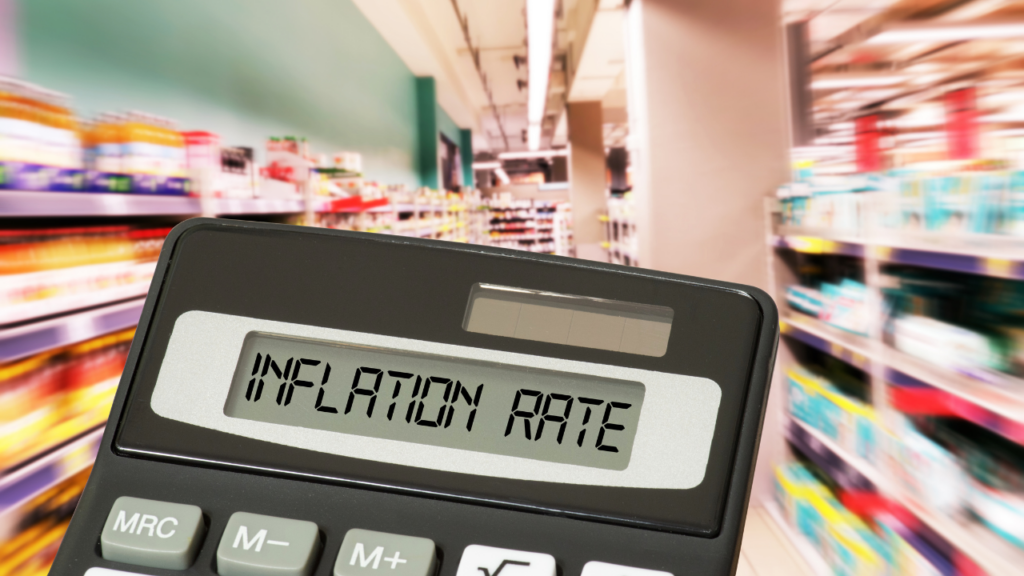
As a small business owner, you know that running a business is no easy feat. Many challenges come with being a small business owner, and one of the biggest concerns is inflation.
What is inflation?
Inflation occurs when the general level of prices for goods and services in an economy increases over time. This can significantly impact small businesses, as they may struggle to keep up with rising costs and maintain profitability.
According to recent surveys, inflation is the number one concern for small businesses, with more than half (53%) saying it is the biggest challenge they face. Inflation has topped the list of challenges for 2022 and is up a whopping 30 percentage points year-over-year.
It doesn’t matter what size your small business is or where it’s located: inflation is a top concern for small businesses regardless of location, number of employees, or sector. Small businesses of every size have developed several strategies for dealing with inflation.
How small businesses can overcome inflation
One strategy is to raise prices on goods and services to keep up with rising costs. However, this can be a risky move, as it may drive customers away if prices become too high. Another strategy is to cut costs by reducing expenses, negotiating better deals with suppliers, or finding more cost-effective operating methods.
Small businesses can also try to increase productivity and efficiency to offset the effects of inflation. This may involve investing in new technology, streamlining processes, and improving employee training and development.
It is important to remember that inflation is a complex issue that can be influenced by many factors, such as government policies, global economic trends, and consumer behavior. As a small business owner, it is crucial to stay informed and be proactive in addressing the challenges posed by inflation.
How small businesses can stay informed about inflation
One way to stay informed is to monitor economic indicators, such as the Consumer Price Index (CPI), which measures changes in the prices of goods and services over time. This can help small business owners anticipate future price changes and adjust their strategies accordingly.
It is also important to stay up-to-date on government policies and regulations that may impact inflation and small businesses. For example, changes in tax policies, trade agreements, and interest rates can all impact inflation and small businesses.
In addition, small business owners can seek resources and support from organizations that specialize in helping small businesses navigate economic challenges. For example, the Small Business Administration (SBA) provides loans, counseling, and other resources to help small businesses succeed.
Inflation remains a significant challenge for small businesses, and it is vital to develop effective strategies for dealing with it. Whether it’s raising prices, cutting costs, or improving productivity, small businesses must proactively address the challenges posed by inflation to ensure long-term success and profitability. By staying informed, seeking support, and being adaptable, small businesses can overcome the challenges of inflation and thrive in today’s economy.
